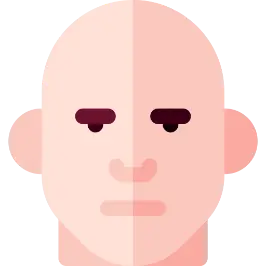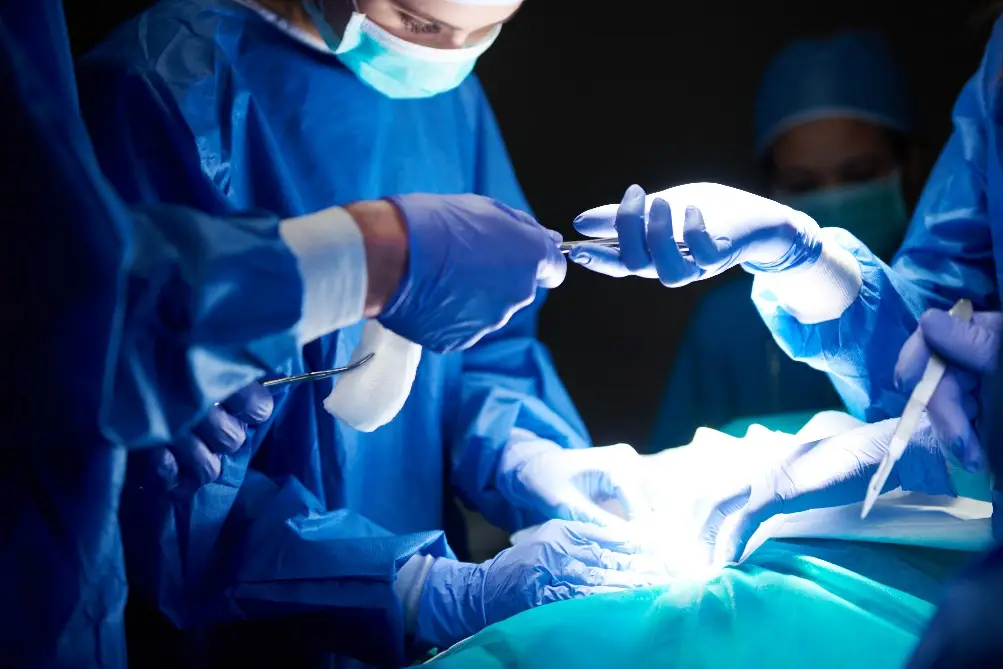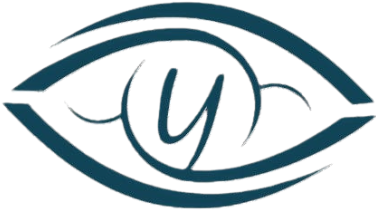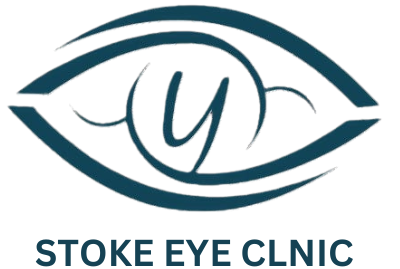Ectropion
- Home
- Ectropion
What is an ectropion?

Symptoms
Redness
Irritation
Watering
Light Sensitivity
What causes Ectropion?

Age-related
The most common cause, where the tissues of the eyelid lose elasticity and muscle tone due to natural aging processes, leading to sagging and outward turning.

Facial Palsy
Conditions like Bell's palsy can paralyze the muscles around the eyelid, preventing them from holding the eyelid in its natural position, causing it to droop and evert.

Scarring
Scar tissue from injuries, burns, or previous surgical procedures can contract and pull the eyelid outward, disrupting its normal function.
Ectropion Treatment
What are the risks?
Risks associated with ectropion surgery include:
Infection
Scarring
Overcorrection or Undercorrection
Bleeding
Changes in Eyelid Position
Dry Eye Symptoms

4 Tips to Improving Success
Achieve better outcomes with expert surgeons, advanced procedures, and a commitment to quality care. Our focus on precision, efficiency, and timely surgeries ensures your vision restoration is in trusted hands.
The Surgeon
The success of ectropion surgery heavily relies on the expertise of your eye surgeon. I am a consultant eye surgeon with substantial experience in eyelid corrections, providing a meticulous and secure surgical experience. You can be confident that your procedure will be conducted with precision, targeting the best possible results.
The Procedure
Ectropion surgery is typically very safe and is performed on an outpatient basis. This surgery involves correcting the outward turning of the eyelid, often through procedures that may include tightening the affected muscles or tendons under local anaesthesia. I will walk you through the entire process, clearly explaining each step to ensure your comfort and understanding.
Quality Surgery
It is crucial to achieve the desired results in a single procedure. As a Consultant Ophthalmic Surgeon with specialized expertise in eyelid surgeries, I am dedicated to delivering top-notch care and ensuring the best possible functional and aesthetic outcomes.
Prompt Treatment
For ectropion, it is crucial to address the condition promptly when symptoms such as tearing and exposure-related discomfort affect your daily life. I ensure a quick progression from your initial consultation to the surgical correction, often scheduling your procedure within a brief time frame to effectively restore both the function and appearance of your eyelid.
Ectropion FAQs
What are the benefits of ectropion repair?
The benefits of ectropion repair are significant in improving both eye health and quality of life. Here are some key advantages:
Improved Eye Protection and Lubrication: By correcting the outward turning of the eyelid, ectropion repair allows the eyelid to properly cover the eye. This helps maintain adequate lubrication, protecting the eye from dryness and reducing the risk of infections and corneal damage.
Reduced Irritation and Discomfort: Patients often experience relief from the chronic irritation and discomfort caused by the constant exposure of the inner eyelid and eye surface. After surgery, symptoms like burning, itching, and the sensation of foreign objects in the eye typically diminish.
Enhanced Tear Drainage: Ectropion can disrupt the normal drainage of tears, leading to excessive tearing and discharge. Repairing the eyelid position can restore proper tear drainage and reduce these symptoms.
Improved Vision: In some cases, ectropion can interfere with vision due to excessive tearing or secondary effects on the cornea. Repairing the eyelid helps clear the visual axis and improve overall vision.
Cosmetic Improvement: Ectropion repair can also have a significant cosmetic benefit. The surgery helps restore the natural position of the eyelid, improving facial symmetry and the overall appearance of the eyes.
Overall, ectropion repair not only addresses functional issues related to eye health but also improves the patient’s comfort and appearance, contributing to a better quality of life.
What are the risks with ectropion repair?
Ectropion repair is generally a safe and effective procedure, but like all surgeries, it carries certain risks. Understanding these risks helps patients make informed decisions about undergoing the procedure. Here are the main risks associated with ectropion repair:
Infection: As with any surgical procedure, there is a risk of infection at the site of the surgery. Infections are typically manageable with antibiotics but can complicate the recovery process.
Scarring: Surgery can lead to scarring. Although surgical techniques aim to minimize scarring and place incisions along the natural skin lines of the eyelid, some visible scarring may still occur.
Overcorrection or Undercorrection: There is a possibility that the surgical correction could either overcorrect or undercorrect the position of the eyelid. This might require further surgical intervention to achieve the desired outcome.
Bleeding: Minor bleeding is common during any surgery, but excessive bleeding can occur, leading to bruising or more significant complications.
Changes in Eyelid Position: After surgery, there might be unintended changes in the eyelid position, such as an unnatural angle or contour of the eyelid, which could affect both function and appearance.
Reaction to Anesthesia: Although rare, some patients may have adverse reactions to the anesthesia used during the procedure.
Dry Eye Symptoms: Post-surgical changes to the eyelid can occasionally exacerbate or lead to symptoms of dry eye, which may require management with eye drops or other treatments.
Persistent Symptoms: In some cases, despite successful surgery, some symptoms of ectropion may persist, especially if there were preexisting conditions affecting the eye’s surface.
Patients should discuss these risks thoroughly with their surgeon to fully understand the potential complications and how they are managed during and after the procedure.
How do I prepare for ectropion surgery?
What happens during ectropion surgery?
Is ectropion surgery painful?
What can I expect after ectropion surgery?
How long is the recovery period after ectropion surgery?
When can I return to work after ectropion surgery?
How do I care for my eye after ectropion surgery?
- info@bramptonmedical.co.uk
- 01782 614174
- 36 Hanover St, Newcastle-under-Lyme, Newcastle ST5 1AU
- Clayton Rd, Newcastle-under-Lyme, Newcastle ST5 4DB
- © 2024. All rights reserved
- Terms & Conditions
- Where I work
- Brampton Medical
- Designed & Developed by احمد

